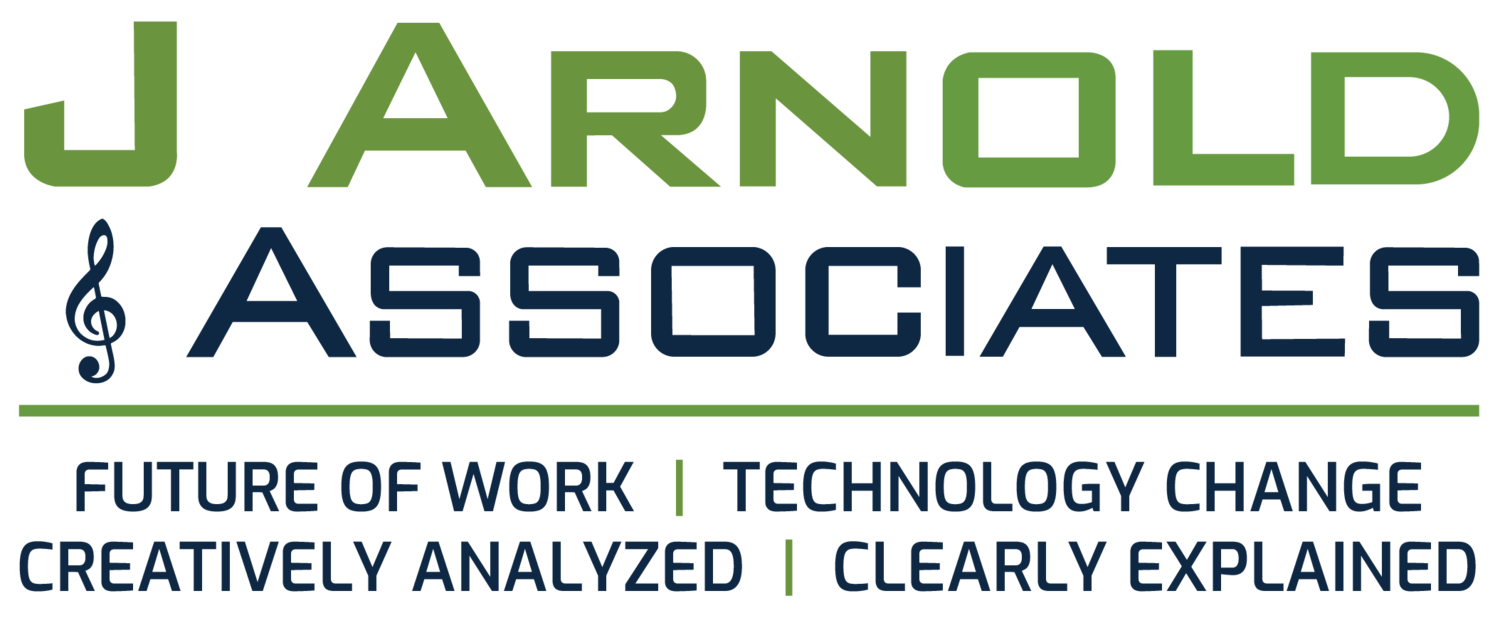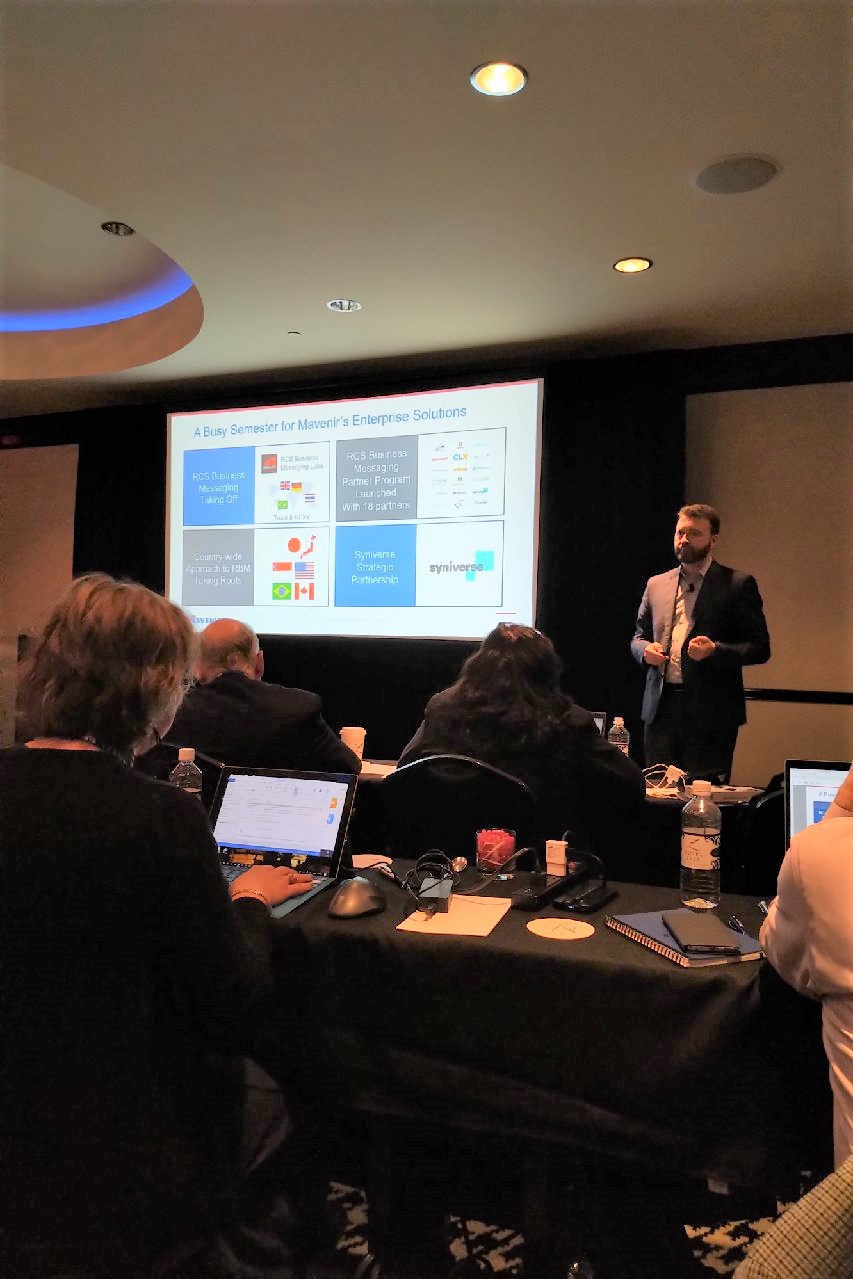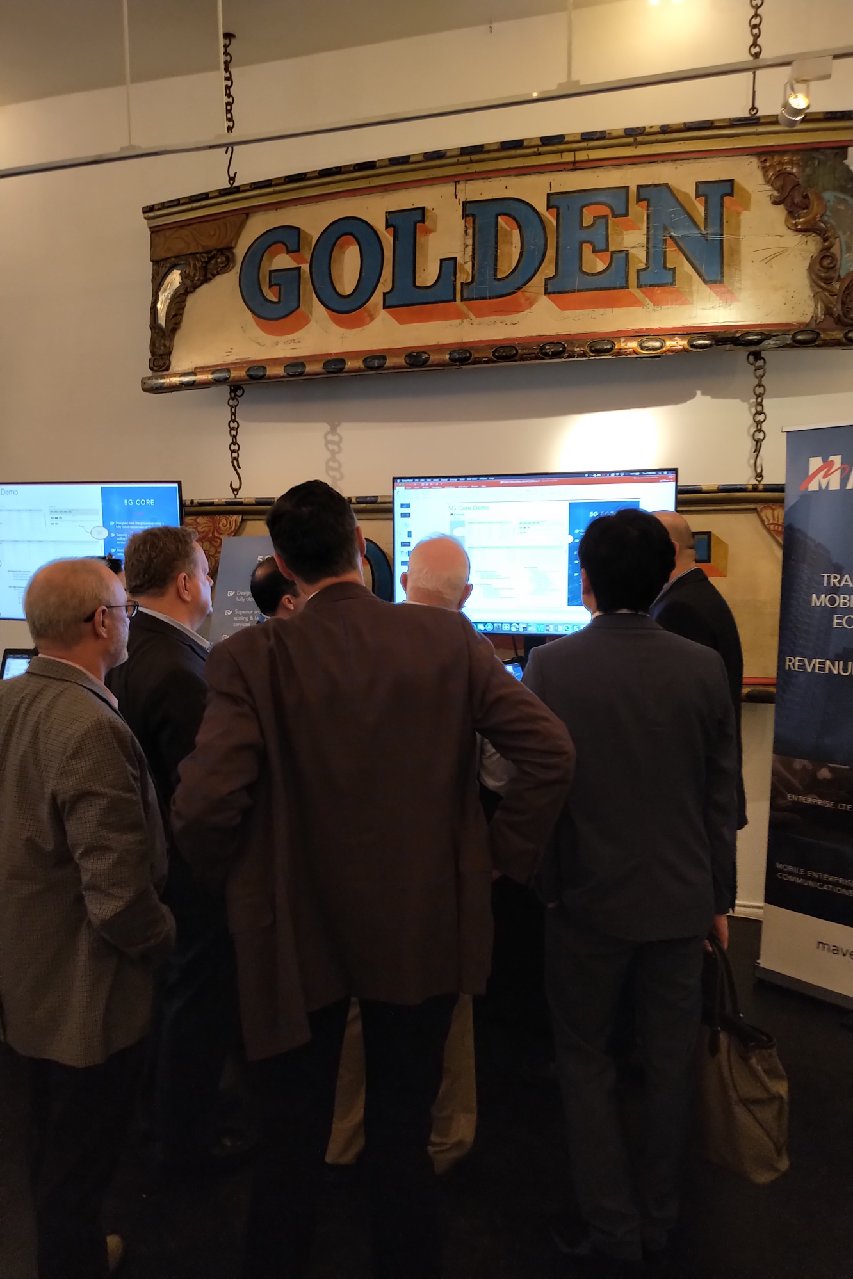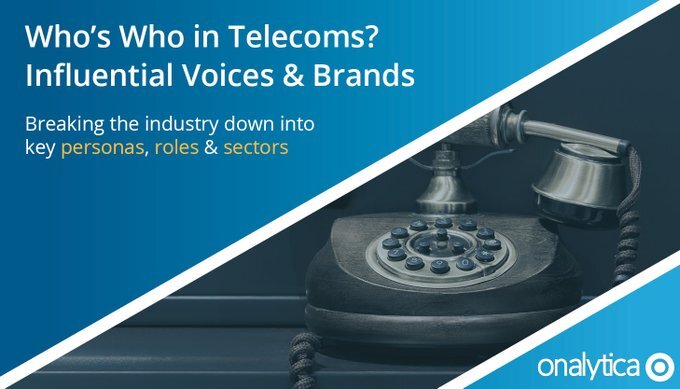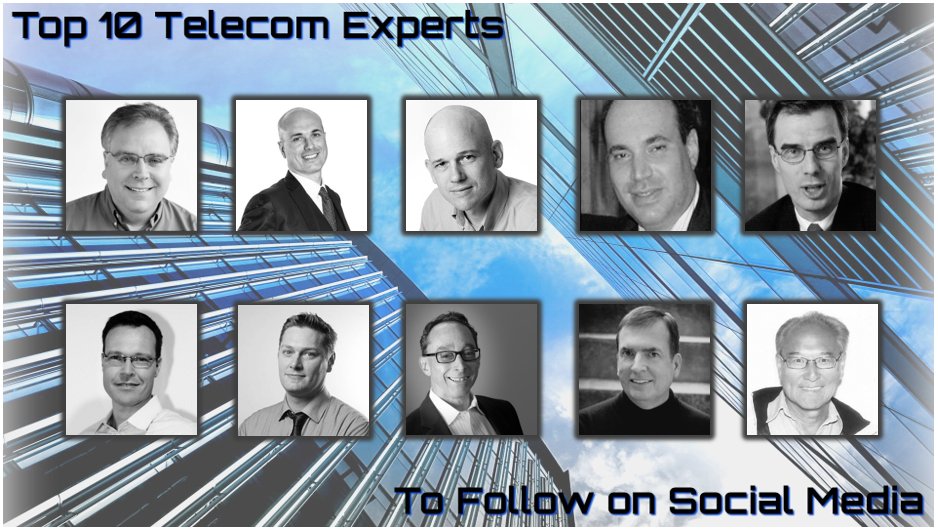Had a chance to reflect on
GENBAND's Perspective 2011 event during the flight home last night.
I posted some thoughts yesterday, and tweeted a bit, but wanted to share a bigger picture perspective with you here.
For me, it's all about this man -
In Charlie We Trust. Stick with me - the "we" may not be who you're thinking of.

Charlie Vogt - President and CEO -
the most important telecom exec in America? Maybe.
I've actually never met him, and he wouldn't know me from anybody. Had chances to chat with him yesterday, but didn't - I kinda like it that way - the time will come, though. I don't know him personally, but I know the backstory and the territory. The two cornerstones of their business - at least hardware-wise - are media gateways and session border controllers. I produced my share of quarterly MGW reports when I was at Frost & Sullivan, and am pretty sure I was the first industry analyst to produce a report on the SBC market (remember Aravox, Netrake, Newport Networks, Nextone, Kagoor...?). As we know, Acme is the last man standing from those days, and now everyone is gunning for them, including GENBAND. I could go on, but you get the idea.
It's been a bumpy ride with GENBAND, and you can argue they're stuck in a sunset business, and have tried to patch several orphans together to create a nextgen IP frontrunner. Somehow, he's kept their investors onside and hung on long enough to pick up some very strong assets, especially Nortel. Well, now things are getting really interesting. You don't often see industry analysts and financial analysts in the same room, and we're all keen to hear how GENBAND is going to take things to the next level.
So, what does this have to do with this guy?

Am sure some GENBANDers and their fellow Texans will know this spot in Austin (my new fave city), where I was for
the last ITExpo.
Just like patrons of the Thirsty Nickel put their trust in beer, telcos should put their trust in Charlie. I'm saying this for two reasons.First, GENBAND is betting the farm on one thing - network transformation.
As Charlie said, if telcos fail in the transition to IP, so will GENBAND. Of course, the opposite is true, and that's what the pre-IPO crowd wants to hear. I just like his honesty - you don't often hear execs talk about what could sink their company. For many of us, TDM is so 2004 and all we can think about is the iPhone 5. Well, as we heard a few times yesterday, TDM will be around in big telcos for a long time still, so there must still be gold in those hills. GENBAND knew what they were getting with Nortel, and now have an incredible opportunity to be THE vendor to take this customer base into the promised land of IP.
Charlie also pointed out that it's pretty much impossible for one vendor to totally dominate their space over time, and that Acme is now facing stronger competition. No argument there, and he feels they have nowhere to go but up with SBCs. Time will tell, and let's save that topic for another time.
Both Acme and BroadSoft have done well by going public, and even though Tekelec is now going the other direction, you can only conclude the time is right for GENBAND. They're now at critical mass with customers, revenues, headcount and global footprint, and whether Charlie truly has a grand plan, or things just fell into place over time, I like their chances.
The main question for me is can they migrate their customers fast enough? Veraz met a similar fate when they went public, and simply had too much legacy and a declining revenue base to keep investors interested. We heard a lot about how GENBAND is moving more towards software and supporting third party developers, and they seem on the right track there. If the wireline telcos can hang on, GENBAND should be ok. Of course, that's easier said than done, as OTTs, cablecos and wireless operators keep eroding their customer base.
There's another reason to trust in Charlie - and I don't need new reasons to trust in beer. He made a passing comment yesterday that I thought was very telling -
"I'm sure Huawei would love to buy us". Yup.
I read a couple of things into that. GENBAND is now getting big enough to be a nice target for Tier 1 global vendors, so that must feel good for builders like Charlie. More importantly, Huawei has long coveted an in for the U.S. market, and acquistion efforts (3Com?) have been their route of choice, but no luck so far. The U.S. and European telecom vendors cannot compete against China's cost advantages, so there's a self-preservation motive at work here. Sure, Huawei would be a lucrative exit for GENBAND at some point, but would it be the right thing to do?
Money and principle don't always mix, but I'm rooting for GENBAND to stay put. They've outlasted a lot of MGW players, especially in the U.S., and if they go, who's left here for the telcos to buy from? Of course there are many other MGW vendors out there, but GENBAND has managed to make themselves #1, and big telcos generally like to buy from market leaders. Am not a trade protectionist, but my New England roots are showing, and I like GENBAND better as a domestic company that's trying to become the global player that Nortel once was.
I'm also saying that because Canada has just gone through this losing its shining star in
Nortel, and it sure looks like
RIM is on the same path. If they go, it's scary to think who would be our top tech company - it gets pretty thin after RIM, and that's kinda worrisome. Anyhow, GENBAND doesn't have RIM or Nortel's legacy of innovation and R&D, but they're working on that, and I think that will eventually be their saving grace.
In that regard, there's a lot riding on Charlie and the trust we're putting in his hands.
Wireline telcos need GENBAND, but in return GENBAND needs to deliver a clear vision and solution to get those telcos on terra firma to secure their future. I think they have the products - not so sure yet about the apps - but, of two things I am certain in terms of takeaways from yesterday. One - they understand the telco business and are earning their trust for the IP roadmap. Two - they understand their place in the vendor ecosystem and what they need to do to compete successfully.
There's lots more to say about all of this, as well as the event itself, but I'll stop now. It's too early for a beer, so I'll have my morning tea. In the meantime, what's your take on GENBAND? Are you with me?
